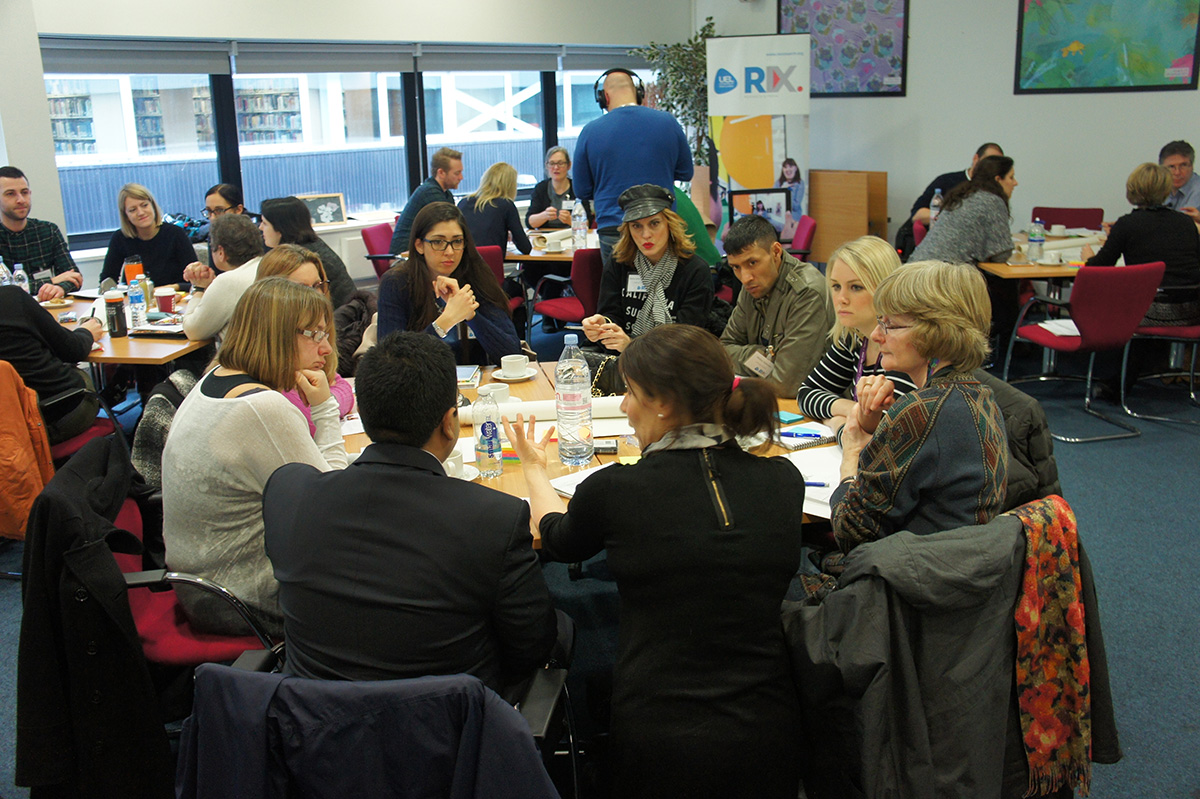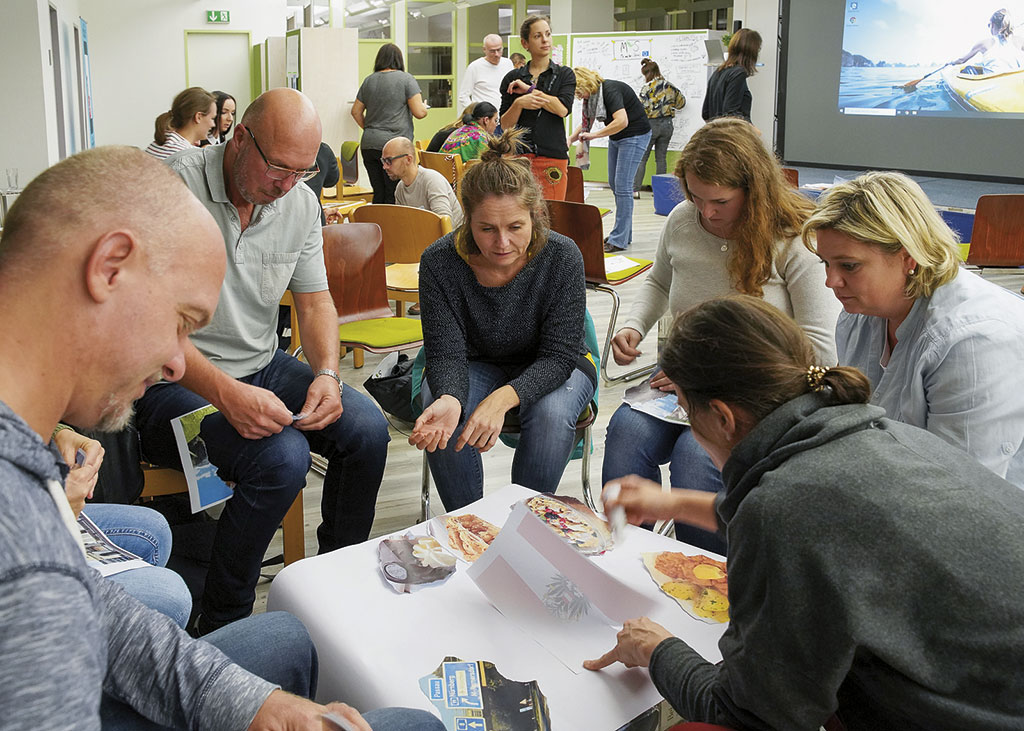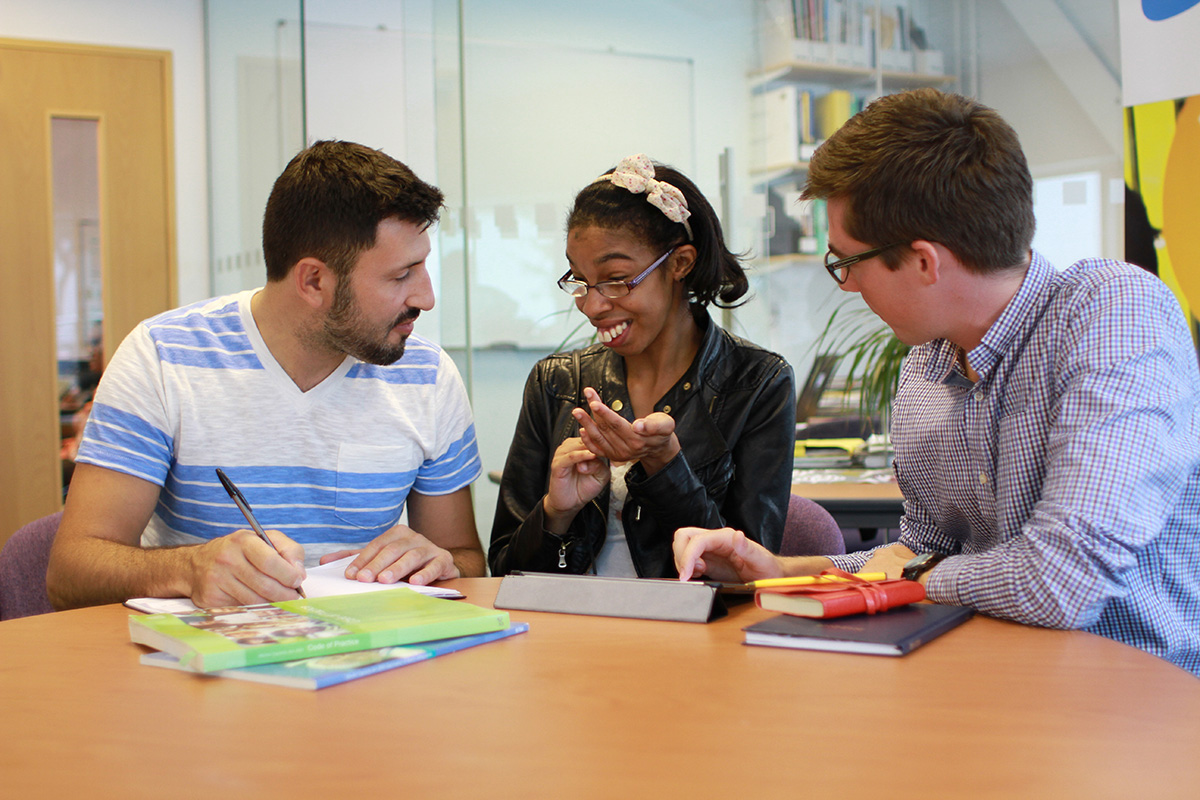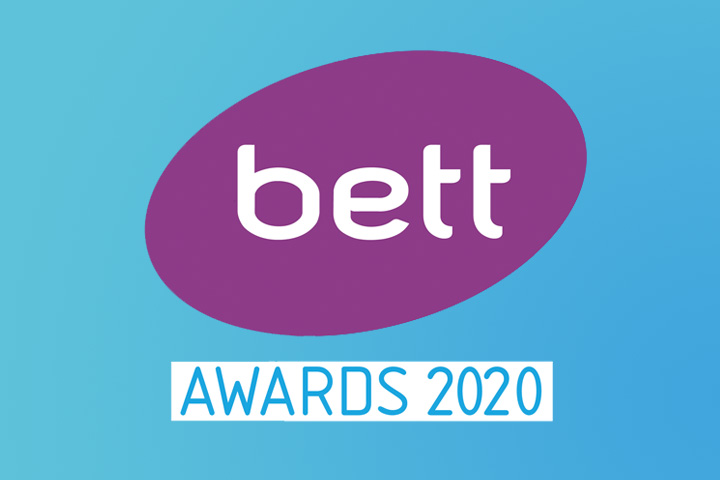
The Rix wiki is great way of providing people with accessible information because it lends itself so well to the easy read format. Service information from a local authority can be made more user-friendly in a public wiki, person centred information about how to support someone can be shared with families and support workers in a clear illustrated guide that can be easily updated.
The Rix Wiki format enables me to map out themes on a symetrical mindmap which serves as my website’s homepage. The homepage is uncluttered and easy to navigate, with enough white space to make the easy read standard. If my section circles have short titles and attractive images the page looks even better.
Once inside a section circle we are in slide format, a great fit for the easy read approach:
one idea = one sentence = one picture = one slide. If it’s two ideas I might need two slides. Think of it as bitesize chunks, you still get to eat the whole apple (get the full story) but do not suffer indigestion (confusion).
Language – the words we use – is key in any easy read format, so I try to avoid long words where a short one will do [hard not difficult, plan not strategy]. I replace the official with the everyday [said not stated, person not service user] and am wary of conjunctions [although, but, and etc.] as they almost always introduce a second idea into a sentence.
I write dates in full without the superscript [14th, 3rd] like this: Monday 3 December 2018
and I split phone numbers into pairs like this: 020 79 74 25 63 or 079 60 08 88 63.
I use punctuation sparingly – does a single sentence on a wiki slide need a full stop? And there’s something about The Over-use of Capital Letters that jars with my easy read sensibility.
Pictures and videos form an essential part of the Rix wiki and, just as with language, these should be easy read too! Pictures that are clear, easy-to-understand and support the message, and videos the same – short and snappy, bitesize chunks. And finally, audio that is audible and clear – I’m excited about the prospect of a Rix Wiki app where my device’s native software can read out text for me, clear as a bell!
The design of easy read material carries an important message. The person with learning disabilities is entitled to the same quality of information design as everyone else. And if we can get it right for the people who face the most barriers, we’ll be getting it right for everybody. The design of the clean, colourful and carefully laid out easy read page has found a new friend in the simple and easy-to-use Rix wiki.





